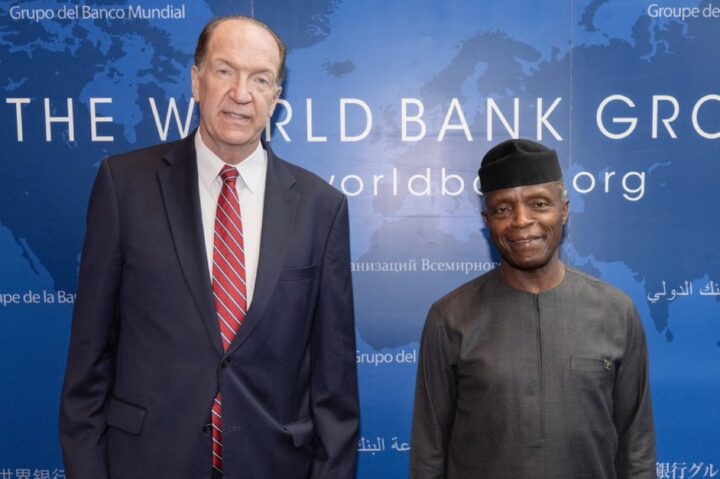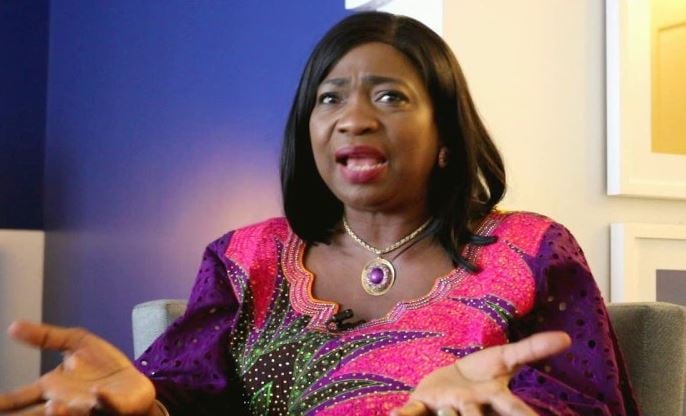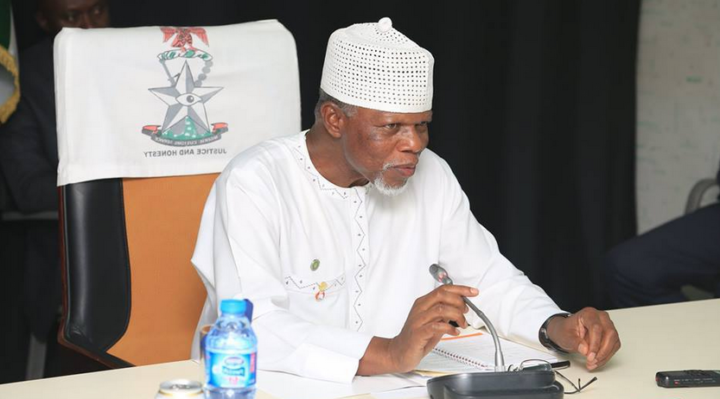The World Bank has advised Nigeria to make a decisive move towards exchange rate unification and stabilisation.
David Malpass, president, World Bank Group, said this on Thursday during a meeting with Vice-President Yemi on Nigeria’s Energy Transition Plan, according to a statement from the financial institution.
Nigeria, Africa’s biggest economy, currently operates a dual exchange rate system.
While the investors and exporters (I&E) window is adopted at the official foreign exchange rate market, there is a parallel section of the market, also called black market.
Advertisement
A parallel market (street market) is characterised by noncompliant behaviour with an institutional set of rules.
Even though the Central Bank of Nigeria (CBN) has often maintained that the parallel market is not the true reflection of the naira; the sector has grown and continues to serve many Nigerians.
Speaking on the issue, Malpass highlighted the economic benefits of the exchange rate unification and stabilisation for Nigerians.
He also emphasised that a unified exchange rate will significantly improve the business enabling environment in Nigeria, attract foreign direct investment, and reduce inflation.
Advertisement
According to the statement, Malpass and Osinbajo also discussed the importance of increasing domestic revenues through broadening Nigeria’s tax base and increasing the efficiency of tax administration.
They also discussed Nigeria’s Energy Transition Plan.
Malpass welcomed Nigeria’s commitment to achieving universal energy access and reducing greenhouse gas (GHG) emissions while maintaining reliable baseload.
He further emphasised the importance of integrating climate and development, as well as the need for an enabling policy and regulatory environment alongside strengthened institutions in the energy sector.
Advertisement
Malpass added that the World Bank was ready to support Nigeria in phasing out regressive fuel subsidies, while increasing social assistance for the poor and vulnerable.
Osinbajo had, on Wednesday, departed Abuja for the US to seek partnerships and support for Nigeria’s recently launched Energy Transition Plan.
Add a comment






